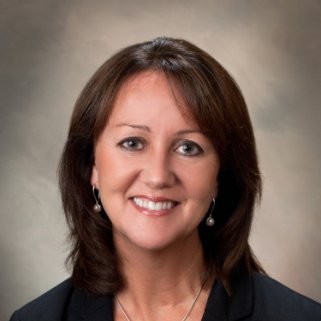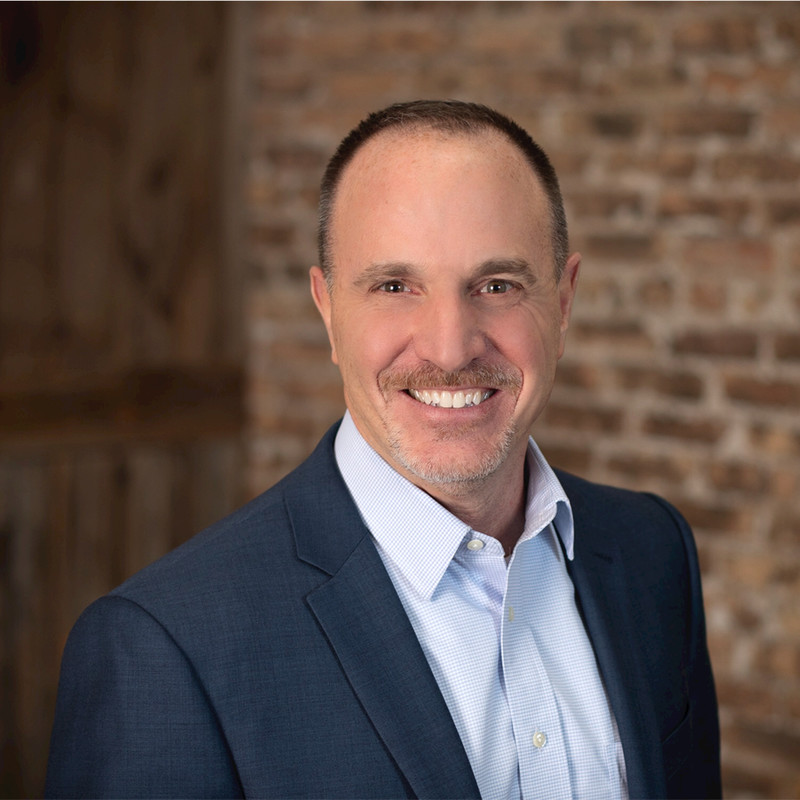Live event recorded June 30, 2021
Across every sector, from healthcare to manufacturing to education, leaders who find ways to tap into the collective distributed intelligence of their people improve faster and achieve better outcomes.
School District Reopening Lessons Learned
Fall 2020 was a bifurcation in the experiences of American school children and their families. Some lucky ones returned for in person instruction after the sudden and mass shutdown of the previous Spring, having some form of normalcy despite the raging pandemic. Many only got back to class late Spring 2021 or later, if at all, with educational, social, and emotional impacts still being tallied, and with huge disruption to families—financially, professionally, emotionally—especially those with small children. As they always do, the costs fell heaviest on those with fewest alternatives—independent schools unaffordable, working from home implausible, tutors and child care inaccessible.
The difference in how covid education was experienced—in person or at a distance—was directly attributable to how a system’s leadership addressed this abrupt, significant, and unprecedented disruption. It wasn’t red vs. blue, rich vs. poor, or rural vs. suburban vs. urban.
In this webinar, we delve into a pair-wise comparison to uncover approaches that worked and what leaders from all sectors can learn, including:
- How consolidating authority and responsibility centrally, despite good intent, to process incoming information, generate mental models, and issue instructions, too often fails.
- How leaders who become facilitators of distributed and collective intelligence, tap into the creativity innate in the larger system.
- Specific steps in crisis management that support a culture of rapid-cycle problem solving.
- Feedback mechanisms that work best among those planning, preparing, and performing, so shared wisdom keeps advancing.
- Approaches to build capacity in ‘ordinary’ times to be ready and responsive in times of crisis.
- Capitalizing on distributed collective intelligence is hardly an approach limited to a pandemic shutdown/reboot for schools or any other institution. It is useful for any major transition a district (or other entity) might have to make.
But there is a caveat. This approach requires that capability, character, and connectivity is already diffused and practiced throughout the system. So mechanisms for building such capability in ‘ordinary’ times have to be cultivated and curated if they’re to be available during crisis.
Speakers

Steve Spear, D.B.A.
Five-time Shingo prize, Crosby Medal, and McKinsey Award winner, author of “Decoding the DNA of the Toyota Production System” and The High-Velocity Edge and senior lecturer at MIT.

Pat Greco, Ph.D., M.P.P.
Senior Director of Thought Leadership, Studer Education
A champion of continuous improvement, focusing on building system, leader, and team capacity. A recognized leader, consultant, presenter, executive coach and mentor.

Corey Golla
Superintendent, School District of Menomonee Falls
Known for his work on leadership and policy analysis, Corey has presented nationally on his work with the Carnegie Foundation. He has also served as Director of Curriculum and Instruction and Principal within the district.

Dale Shaver
Director, Waukesha County Dept of Parks and Land Use
Cabinet level adviser to the County Executive who oversees direction, administration and development of a comprehensive range of county-wide services and functions.
